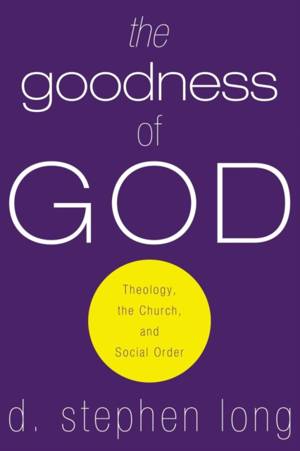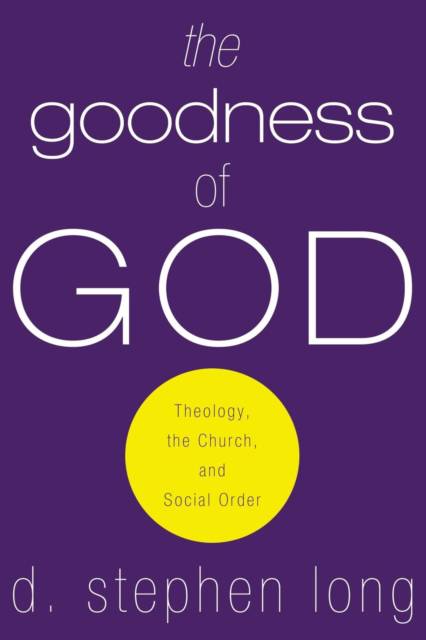
- Afhalen na 1 uur in een winkel met voorraad
- Gratis thuislevering in België vanaf € 30
- Ruim aanbod met 7 miljoen producten
- Afhalen na 1 uur in een winkel met voorraad
- Gratis thuislevering in België vanaf € 30
- Ruim aanbod met 7 miljoen producten
Zoeken
Omschrijving
Stephen Long opens his erudite discussion of theology and ethics with the insistence that moral critique must emerge from a particular location, rather than from the fluid values of any ""neutral"" observer. Long sets out to put theology and ethics--as well as the church--in proper relation to one another. Ethics must be based in theology, not the other way around. Our ""finite participation in the infinite makes possible participation in a goodness beyond us."" That goodness comes to us in the flesh of Jesus Christ, and the church is indispensable in drawing all people toward God's goodness. The church, a social ethic in itself, gives purpose and order to other social institutions, including family, government, and the market.
Specificaties
Betrokkenen
- Auteur(s):
- Uitgeverij:
Inhoud
- Aantal bladzijden:
- 336
- Taal:
- Engels
Eigenschappen
- Productcode (EAN):
- 9781556356759
- Verschijningsdatum:
- 1/01/2008
- Uitvoering:
- Paperback
- Formaat:
- Trade paperback (VS)
- Afmetingen:
- 160 mm x 229 mm
- Gewicht:
- 462 g

Alleen bij Standaard Boekhandel
+ 116 punten op je klantenkaart van Standaard Boekhandel
Beoordelingen
We publiceren alleen reviews die voldoen aan de voorwaarden voor reviews. Bekijk onze voorwaarden voor reviews.







